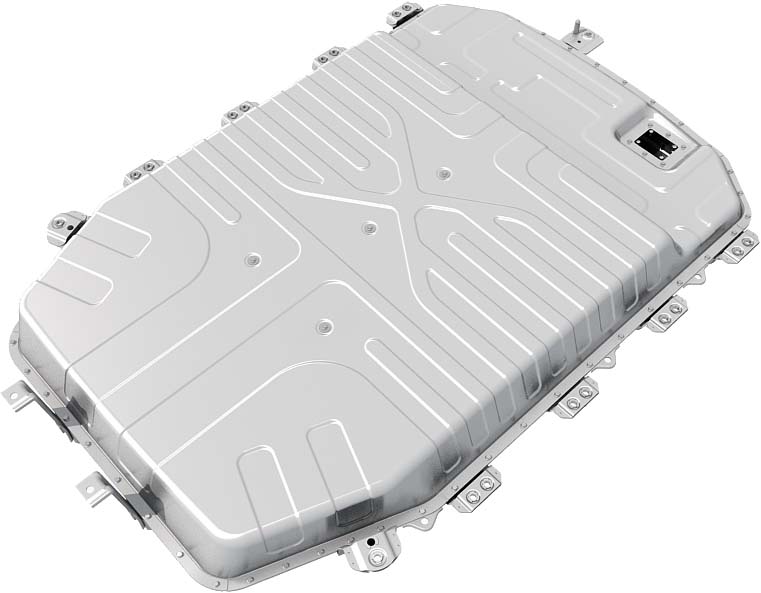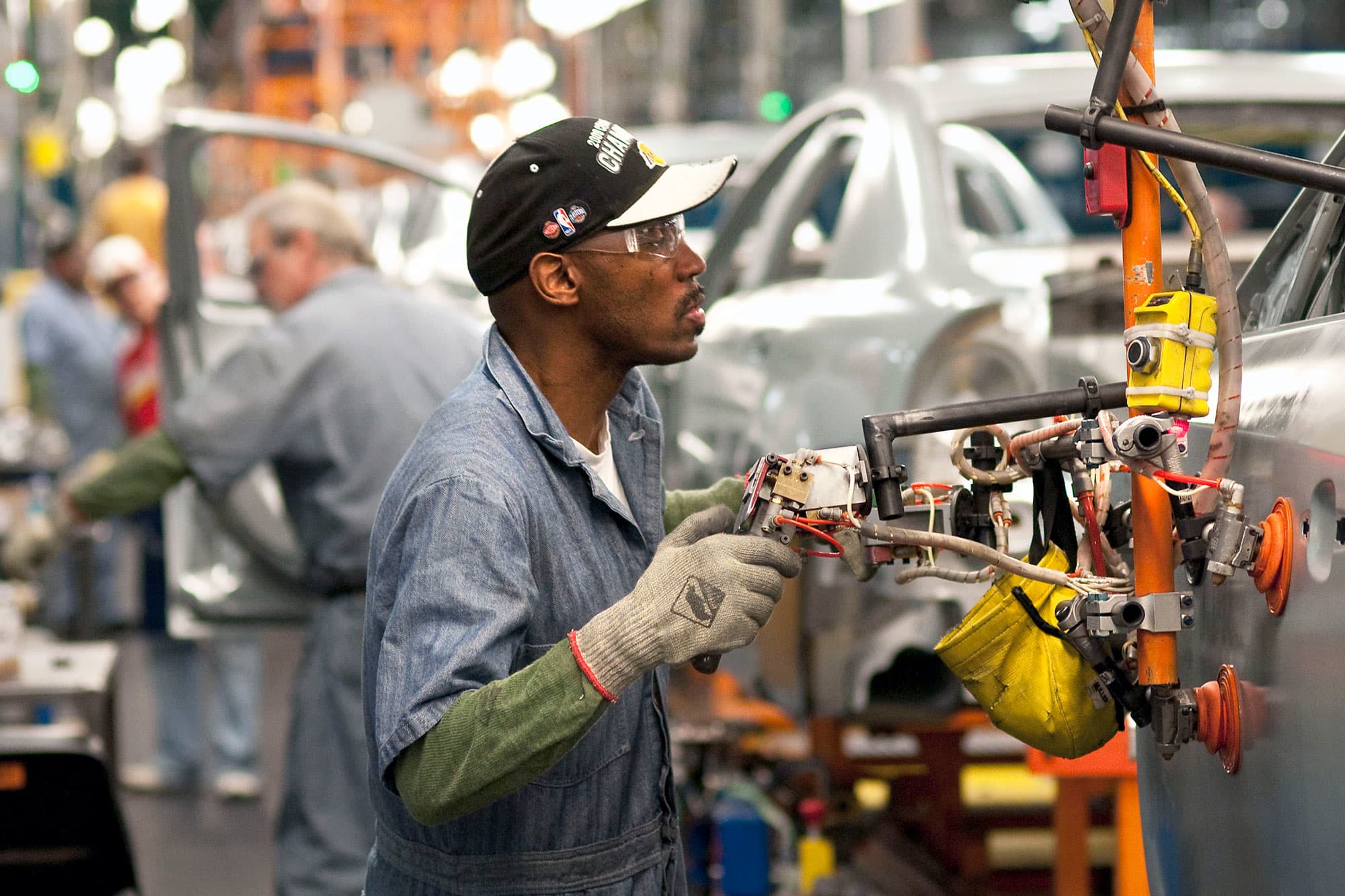

The transition to electric vehicles is now inevitable – and that’s a good thing. But as we say goodbye to fossil-fueled cars, we also need to transform their dirty supply chains. We need to ensure the new generation of electric vehicles aren’t manufactured in a way that harms people and the planet, but instead benefits us all.
Respecting and advancing the rights of Indigenous Peoples, workers, and local communities throughout the supply chain.
Preserving and restoring environmental health and biodiversity across supply chains, while reducing primary resource demand through efficient resource use and increased recycled content.
100% electric and made with a fossil fuel-free supply chain.


By ditching gas and diesel, EVs have significantly lower lifetime emissions than internal combustion engine (ICE) vehicles. What comes out of the tailpipe is clean. But the manufacturing process is not – at least not yet.

Aluminum produces about 2% of all the world’s greenhouse gas emissions, although it has a higher intensity than steel. Refining and smelting aluminum releases over 90% of all direct CO2 emissions from this fossil-heavy production process, and extracting bauxite to make aluminum can harm the land.
For decades, auto supply chains have been riddled with environmental and human rights abuses. The EV transition is an opportunity to put an end to environmental destruction and human rights abuses of the oil industry. But without proactive intervention from automakers, we risk replicating these abuses in the EV supply chain, too.

Cobalt, nickel, lithium, copper, manganese, and zinc are some of the transition minerals needed to manufacture EVs. The process also uses bauxite for aluminum and iron ore for steel. Extracting and refining many of these minerals has a tragic history of violent conflict and human rights abuses of workers and local communities.

More than half the resources needed to power the electric transition are located on or near the lands of Indigenous Peoples. But the companies that extract these resources often violate Indigenous Peoples’ rights to land, territory and Free, Prior, and Informed Consent.

Discrimination, low wages, forced labor, and unsafe working conditions are just some of the problems that persist across the many automakers’ own operations and throughout their supply chains around the world.
The industry’s radical transformation opens an unprecedented opportunity to rebuild supply chains for the benefit of local communities, workers, Indigenous Peoples, the environment, and the climate. Large proportions of heavy industry infrastructure will require reinvestment this decade. At the same time new supply chains are being configured for the energy transition. These are critical windows of opportunity that we cannot miss if we want to ensure the automotive supply chains of the future are free from fossil-fuels, environmental harms and human rights abuses.
Supply chain transformation is a risk management imperative and opportunity for a competitive edge. Leading brands are already securing a first-mover advantage and leveraging their power to transform legacy supply chains into a force for good. The revolution is underway.
On August 01 2024, Stellantis approved a standalone company policy on Free, Prior and Informed Consent, becoming the first automaker to approve a standalone policy on this issue. The policy states that “The protection of Indigenous Peoples’ rights aligns with our core values of ethics and integrity, and our fundamental commitment to social responsibility. We believe, however, that the implementation of our FPIC policy also serves to reduce the potential for conflicts and legal disputes, fostering trust, positive relationships, and long-term operational stability in the communities where we are present.”
Global automakers Honda and Mercedes are facing allegations that they have engaged in illegal union-busting activities in the U.S. Honda has been accused by the National Labor Relations Board of violating the rights of workers at a Greensburg, Indiana, factory by illegally cracking down on union organizing. Mercedes, meanwhile, has been accused by the UAW of engaging “in a relentless anti-union campaign” including the firing of employees who were pro-union and holding frequent captive-audience meetings to spread anti-union views, according to the filing.
Volkswagen AG and Vulcan Green Steel have signed a Memorandum of Understanding (MoU) for a partnership for low-carbon steel – a key element of Volkswagen’s green steel strategy.